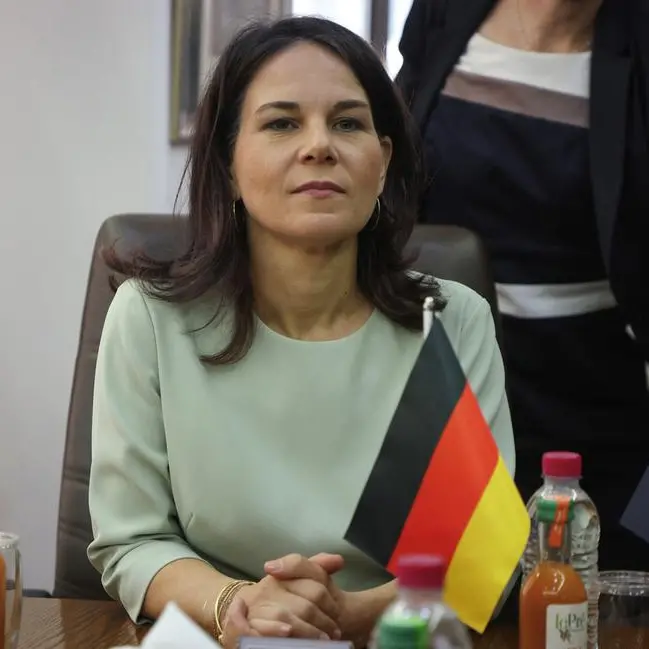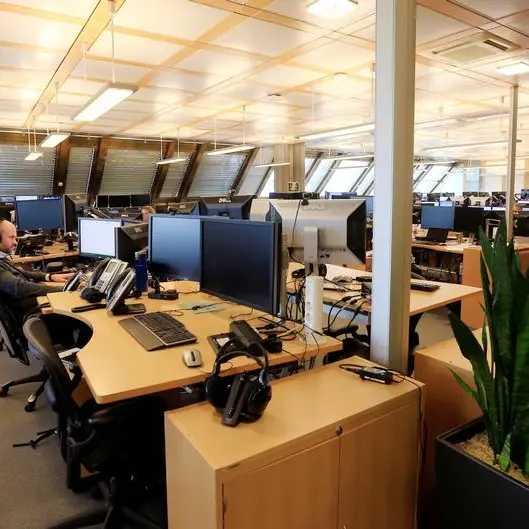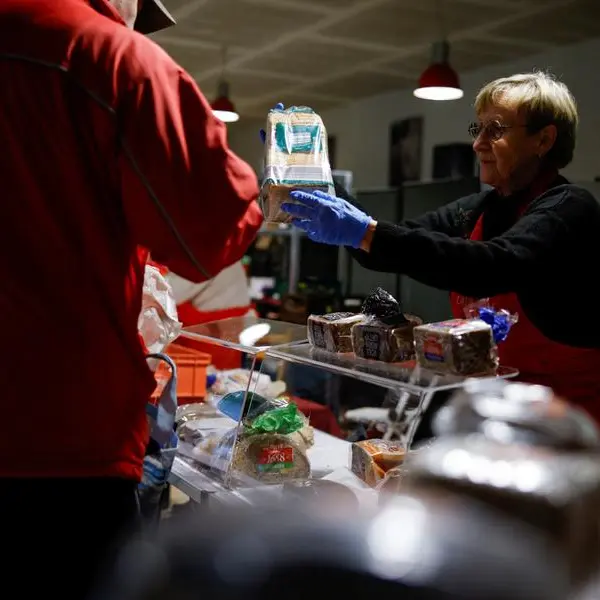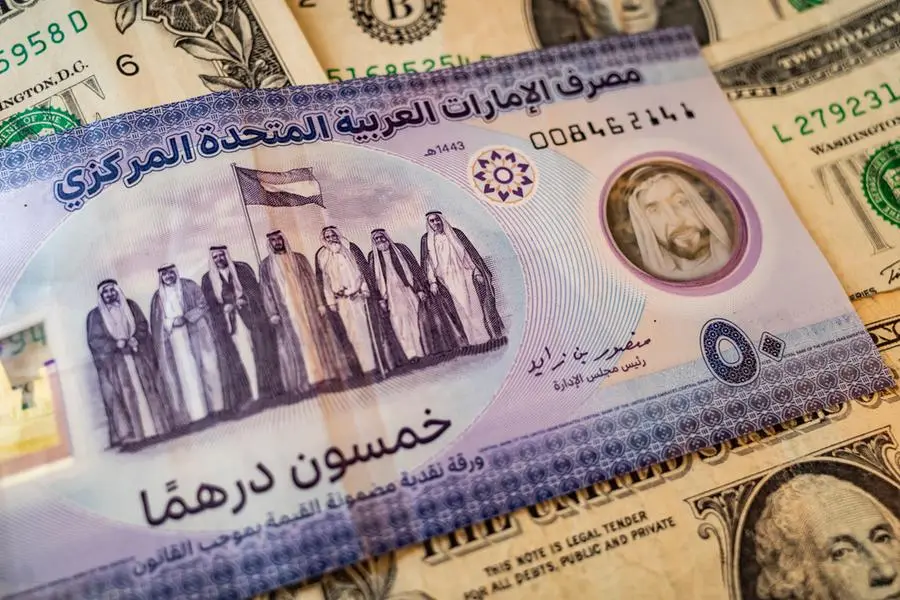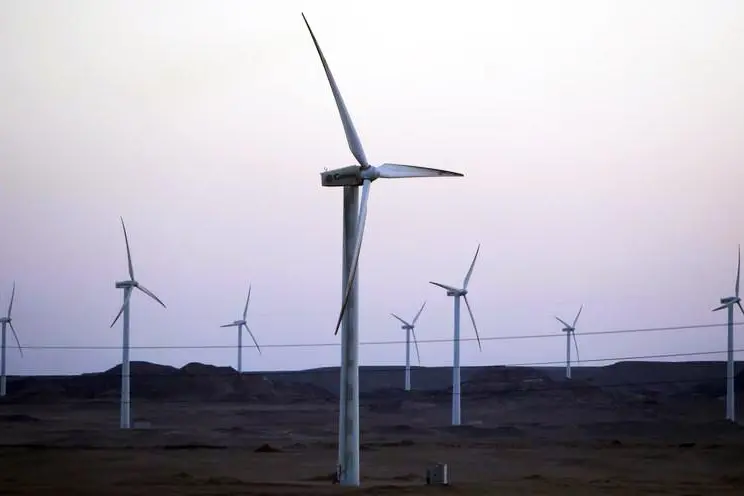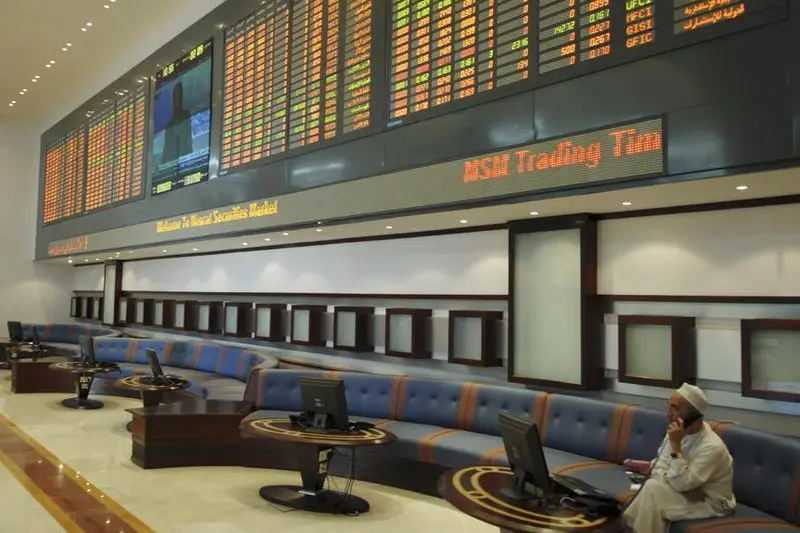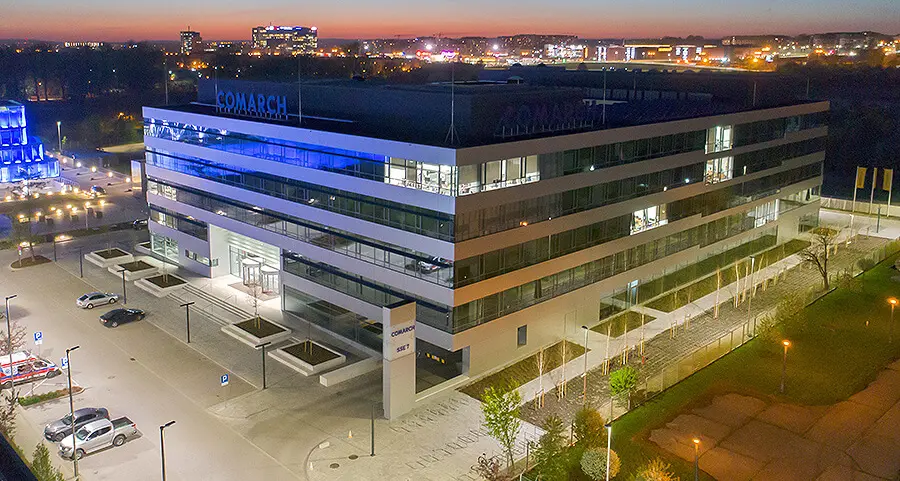PHOTO
Saudi Arabia’s economic recovery has faltered in recent months and it is likely to remain gradual, with Capital Economics, a London-based ecnomic research firm, estimating that the kingdom's GDP fell by 13 percent y-o-y in Q2.
Jason Tuvey, Senior Emerging Markets Economist, said, "Overall, after recording a contraction of 1.0 percent y-o-y in Q1, we estimate that the Saudi GDP fell by 13 percent y-o-y in Q2 (data due in late September). We expect that the recovery will remain slow as austerity weighs heavily on consumer-facing sectors, the suspension of Umrah pilgrimages continues to hit the tourism sector, and the oil sector remains a key drag on the economy.
"All told, we forecast the Saudi economy to contract by 7.3 percent this year and, by end-2022, GDP is likely to still be 5.5 percent below its pre-virus path," Tuvey added.
The recovery in the kingdom's non-oil economy from the sharp downturn between March and May has stuttered. After jumping by 15 percent year-o-year (y-o-y) in June, point of sale transactions and ATM withdrawals – proxies for consumer spending – rose by a more modest 2.9 percent (y-o-y) in July, the research firm said.
"We had warned that the jump in activity in July would not be sustained given that it probably reflected the release of pent-up demand as virus containment measures were lifted as well as a possible rush to make purchases before the VAT hike, from 5 percent to 15 percent, came into effect at the start of July," Tuvey said.
According to the research firm, It’s a similar story in other parts of the economy. Growth in local deliveries of cement and clinker, an indicator of activity in the construction sector, eased from 90.9 percent y-o-y in June to 23.7 percent y-o-y in July.
Business conditions in in Saudi's non-oil private sector fell in August after signs of stabilisation in July, as demand was hurt by a sharp hike in VAT.
The seasonally adjusted IHS Markit Saudi Arabia Purchasing Managers' Index (PMI) declined to 48.8 from 50.0 in July, slipping back below the 50 mark that separates growth from contraction.
David Owen, Economist at IHS Markit, said: "New business was down solidly from July, as several firms commented that the sharp uptick in prices kept some customers away from markets. The lasting effects of the COVID-19 crisis were also apparent, with plenty of businesses noting that consumer confidence remained weak despite efforts to reopen the economy."
"Some areas saw an improvement though, especially with firms highlighting a pick-up in tourism," he added.
(Reporting by Seban Scaria; editing by Daniel Luiz)
Disclaimer: This article is provided for informational purposes only. The content does not provide tax, legal or investment advice or opinion regarding the suitability, value or profitability of any particular security, portfolio or investment strategy. Read our full disclaimer policy here.
© ZAWYA 2020




